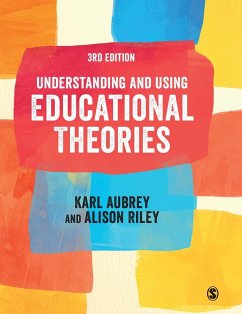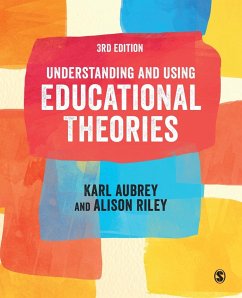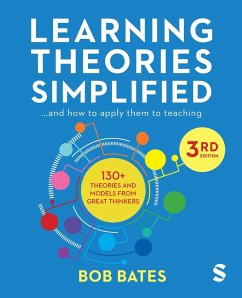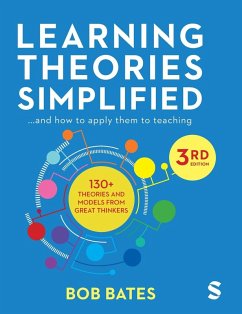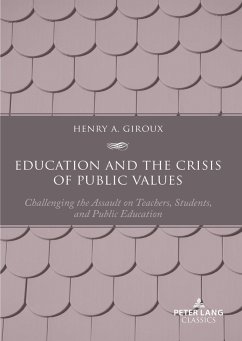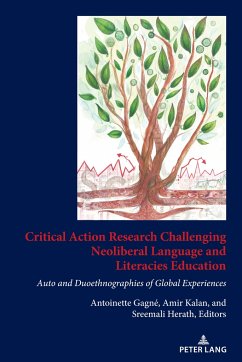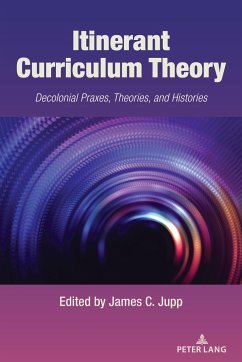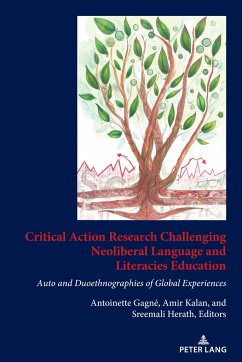Nicht lieferbar
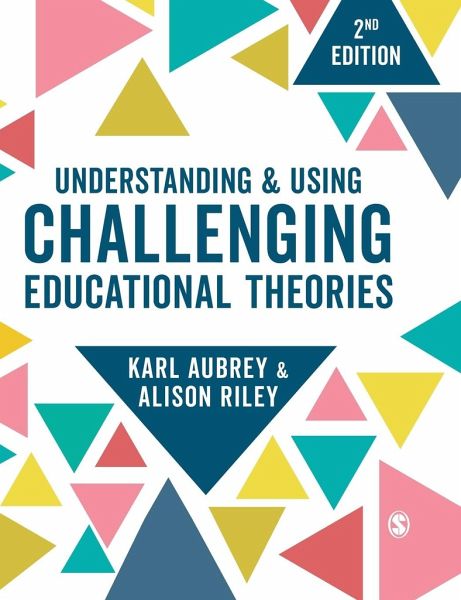
Understanding and Using Challenging Educational Theories
Versandkostenfrei!
Nicht lieferbar
Weitere Ausgaben:
Introducing you to 18 key educational thinkers who have offered challenging perspectives on education, this new edition comes with:
- 3 new chapters on Ivan Illich, Loris Malaguzzi and Michael Apple
- A glossary of key words related to each theorist s work
- A context-setting overview of key themes
- Practical examples that shows how theories can be applied to your practice
Use this book with it's companion title Aubrey & Riley, Understanding and Using Educational Theories 2e (9781526436610)
- 3 new chapters on Ivan Illich, Loris Malaguzzi and Michael Apple
- A glossary of key words related to each theorist s work
- A context-setting overview of key themes
- Practical examples that shows how theories can be applied to your practice
Use this book with it's companion title Aubrey & Riley, Understanding and Using Educational Theories 2e (9781526436610)





